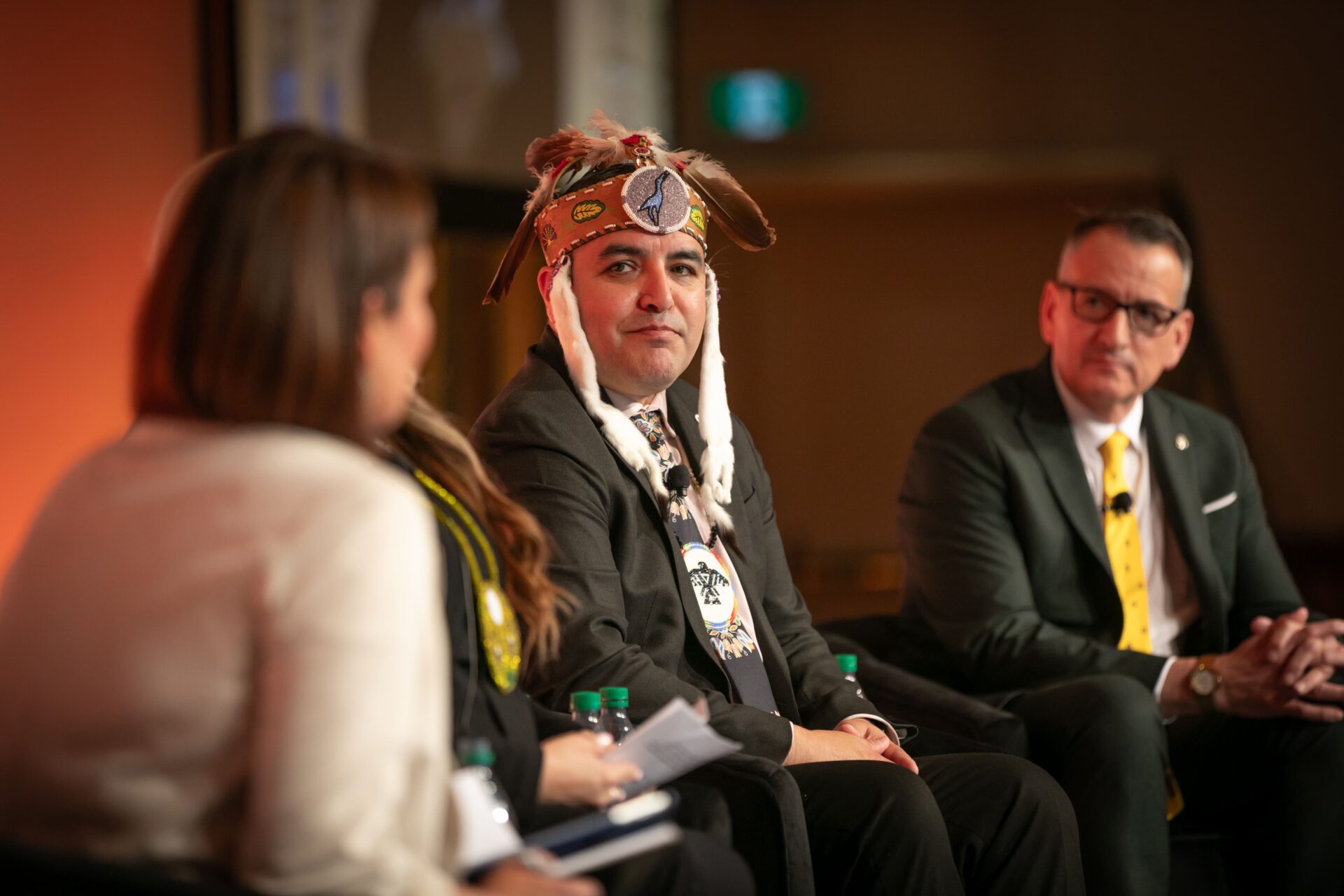The world is undergoing a massive economic and environmental shift, and the consent of Indigenous nations is pivotal to making sure Indigenous nations benefit and to advancing North America’s global economic market share.
Explore the OCA Conference Primer as it offers a window into what the contributions from experts at the conference will focus on. It spotlights groundbreaking projects and initiatives throughout Canada, the United States, and New Zealand, covering vital topics such as project governance, critical minerals, the energy transition, and empowering Indigenous ownership in major projects. With summaries of the conference’s highly anticipated keynote speeches, panel discussions, and featured models, providing readers with an in-depth understanding of the key themes leading up to the event.

